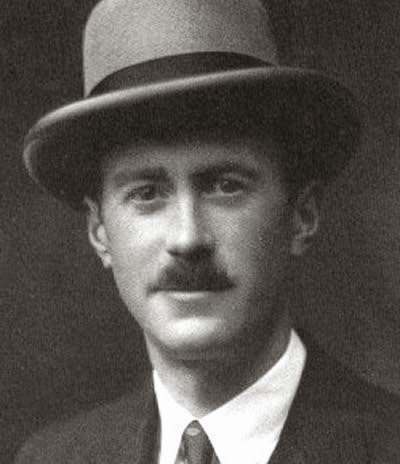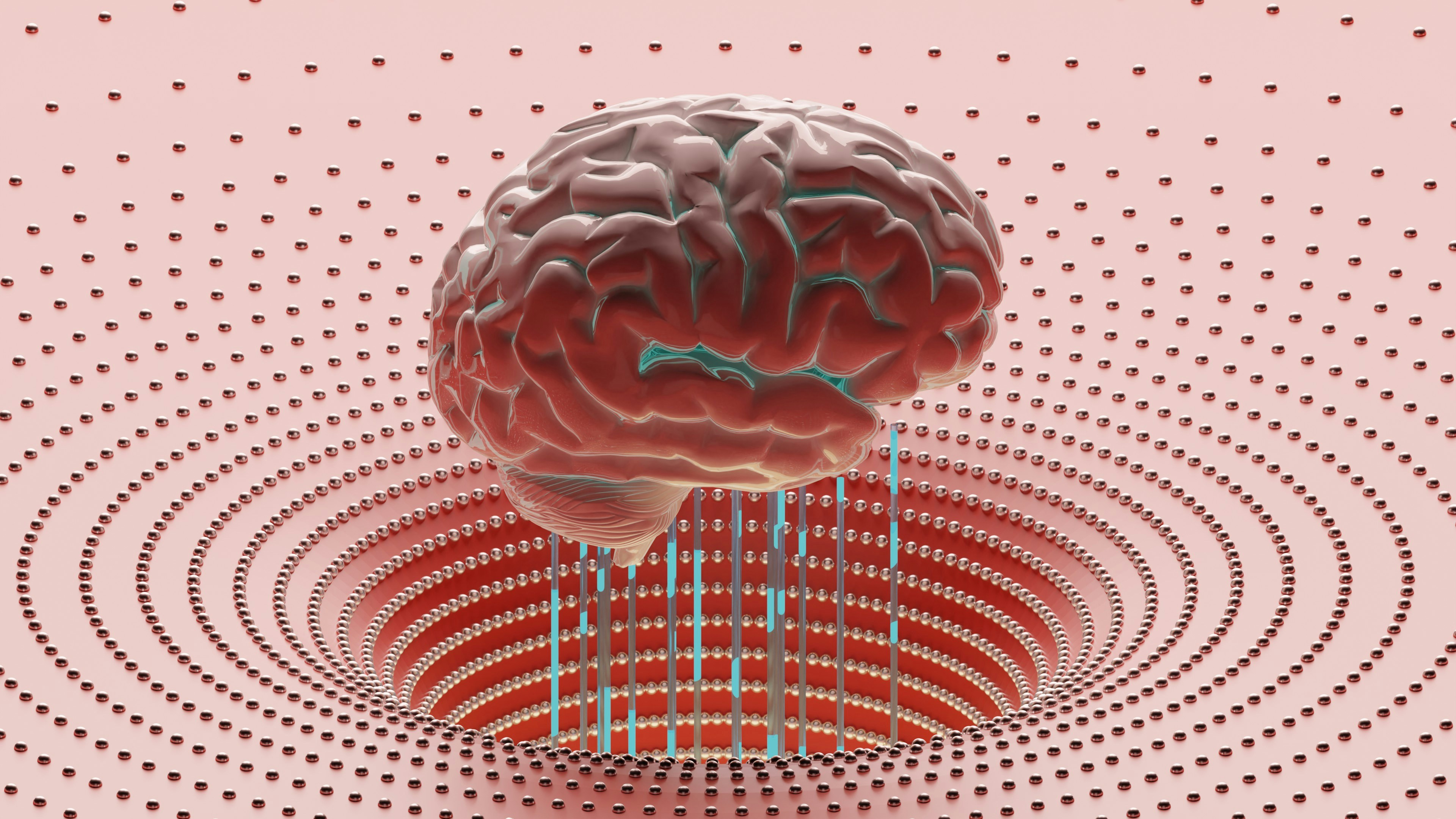
Early Life and Education
William Ronald Dodgson Fairbairn was born in 1889 in a small town in Scotland, where he experienced a typical yet nurturing upbringing that would lay the groundwork for his future contributions to psychology. His father served as a minister, which instilled in him a fundamental appreciation for human behavior, spirituality, and moral values. These early influences fostered an intellectual curiosity that later propelled him into the realms of psychology and psychoanalysis.
Fairbairn’s academic journey began at the University of Edinburgh, where he earned a degree in medicine in 1912. His initial interest gravitated towards psychiatry, and during World War I, he served as a physician in military hospitals, gaining firsthand exposure to the psychological impact of trauma and conflict. This experience deepened his understanding of mental health, propelling him further into the study of human behavior and mental processes. Following the war, he sought further education and underwent psychoanalytic training, initially under the auspices of the Freud’s theories, which were the cornerstone of psychoanalysis during that period.
Though Fairbairn was influenced by Freudian ideas, he quickly began to identify gaps within the prevailing theories, especially regarding the importance of interpersonal relationships in mental health. As he pursued his studies, it became increasingly apparent that traditional Freudian concepts did not adequately address the significance of the self in relation to others. Thus, he started developing his distinct approach to psychoanalysis, which emphasized the role of object relations—the dynamics of interpersonal relationships and their impact on personality development. This pivotal shift not only marked the inception of Fairbairn’s unique perspective on psychoanalysis but also laid the foundation for his later contributions to object relations theory, redefining the understanding of personality and psychological development during the 20th century.
Break from Freud: The Development of Object Relations Theory
William Ronald Dodgson Fairbairn’s departure from Freud’s drive theory marked a pivotal shift in the understanding of human motivation and personality development. Traditional Freud-based psychoanalysis emphasized the inherent drive towards pleasure and the resolution of inner conflicts, suggesting that human behavior primarily revolved around instinctual urges. However, Fairbairn proposed a radically different perspective, positing that the fundamental motivation of human beings is not the pursuit of pleasure but the yearning for meaningful relationships.
Fairbairn’s object relations theory introduced several key concepts that became foundational to modern psychoanalysis. Central to his theory is the idea of internalization, wherein individuals internalize their early experiences and relationships, shaping their personality traits and interpersonal relationships throughout life. In contrast to Freud’s focus on the individual’s drive for satisfaction, Fairbairn emphasized that it is through early attachment experiences that one develops a sense of self and the capacity to relate to others.
Furthermore, Fairbairn identified the notion of the “libidinal object,” which signify the importance of early caregivers in the formation of an individual’s psyche. He argued that the quality of these early relationships plays a crucial role in personality development, affecting how individuals perceive and relate to others in adulthood. By bringing attention to the role of relationships rather than solely drives, Fairbairn highlighted the social aspect of mental health, underscoring that personal growth is intrinsically tied to interactions with others.
This paradigm shift not only expanded the horizons of psychoanalysis but also laid the groundwork for contemporary psychotherapy practices that focus on attachment theory and relational dynamics. Fairbairn’s insights encourage a deeper understanding of human behavior and offer valuable perspectives for fostering healthy relationships in the context of personality development.
Influence on Psychoanalysis and Relational Theorists
William Ronald Dodgson Fairbairn’s contributions to psychoanalysis have profoundly shaped our understanding of human relationships and personality development. His innovative perspective emphasized the importance of interpersonal relationships in the formation of individual personalities. By challenging the dominant Freudian focus on inner drives, Fairbairn posited that the struggles between the self and external objects had a more critical role in mental health. This shift toward object relations theory redefined how later theorists approached psychological issues, leading to alternative frameworks that prioritize relational dynamics.
Fairbairn’s clinical observations highlighted the necessity of acknowledging the complex interactions between individuals and their environments, significantly influencing relational theorists such as Donald Winnicott and Melanie Klein. For instance, Winnicott’s emphasis on the ‘good enough mother’ concept expanded upon Fairbairn’s views by illustrating how nurturing relationships affect the development of the self. Similarly, Klein’s theories regarding internalized object relations resonate with Fairbairn’s focus, demonstrating how early relationships contribute to personality development throughout one’s life.
Contemporary psychotherapists continue to draw on Fairbairn’s insights to better understand various personality disorders and relational difficulties. Case studies involving patients with complex relational histories show the relevance of Fairbairn’s theories, particularly how maladaptive object relations contribute to clinical presentations. These findings underscore the necessity for therapists to consider the relational aspect of their patients’ histories in the therapeutic process, thus validating the significance of Fairbairn’s work in shaping modern psychoanalytic practice.
By investigating the intricate dynamics within human relationships, Fairbairn laid the groundwork for future explorations in personality development. His influence persists today, prompting continued inquiry into the relational aspects of psychotherapy. The field attracts ongoing attention as modern practitioners strive to develop techniques that honor the relational foundations established by Fairbairn’s pioneering efforts.
Legacy and Continued Relevance
William Ronald Dodgson Fairbairn left an indelible mark on the field of psychology, particularly through his pioneering work in object relations theory. This approach, which emphasizes the impact of interpersonal relationships in early development, has evolved into a crucial framework for understanding personality development and therapeutic practices. Fairbairn’s insistence on the importance of relational dynamics has influenced not only psychoanalytic theorists but also practitioners across various schools of thought. His contributions serve as a foundation upon which modern psychoanalysts build their understanding of the complexities of human relationships.
The repercussions of Fairbairn’s theories are evident in contemporary psychoanalytic practices, where the focus on interpersonal relationships remains pivotal. His ideas encourage therapists to explore the client’s early experiences and relational patterns, which can illuminate underlying issues that affect their current behavior and emotional struggles. This relational approach resonates with modern therapeutic modalities, including attachment theory and emotionally focused therapy, which prioritize the therapist-client relationship as a vital component of effective treatment. By fostering a deeper understanding of these dynamics, therapists can better facilitate personal growth and effective personality development in their clients.
Furthermore, Fairbairn’s emphasis on the subjective experiences of individuals has paved the way for more holistic treatment approaches today. As psychological practice progresses to embrace inclusivity and adaptability, his insights are invaluable in addressing the diverse needs of clients in various contexts. Therapists are increasingly called to consider cultural, social, and relational factors that shape personality development, echoing Fairbairn’s perspectives. In this manner, his work remains a cornerstone in the evolution of therapeutic practices, emphasizing the enduring relevance of productive relational dynamics in promoting psychological wellness.


